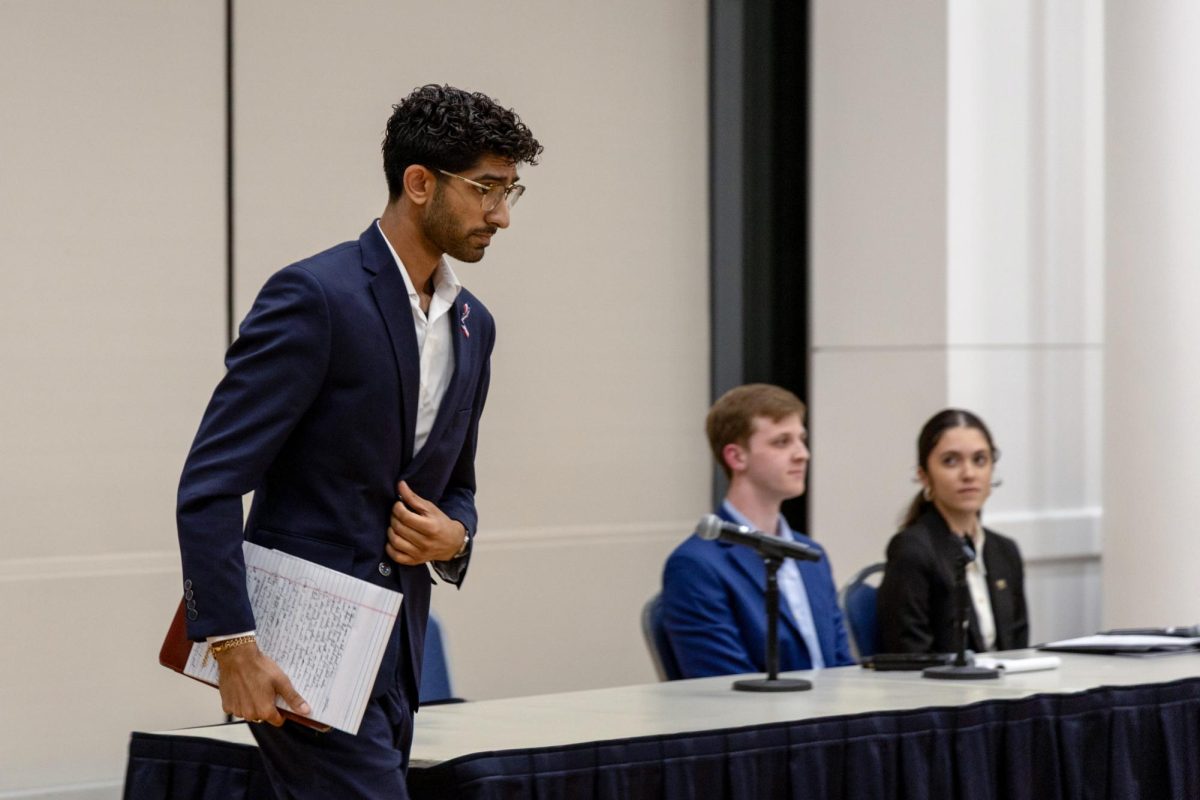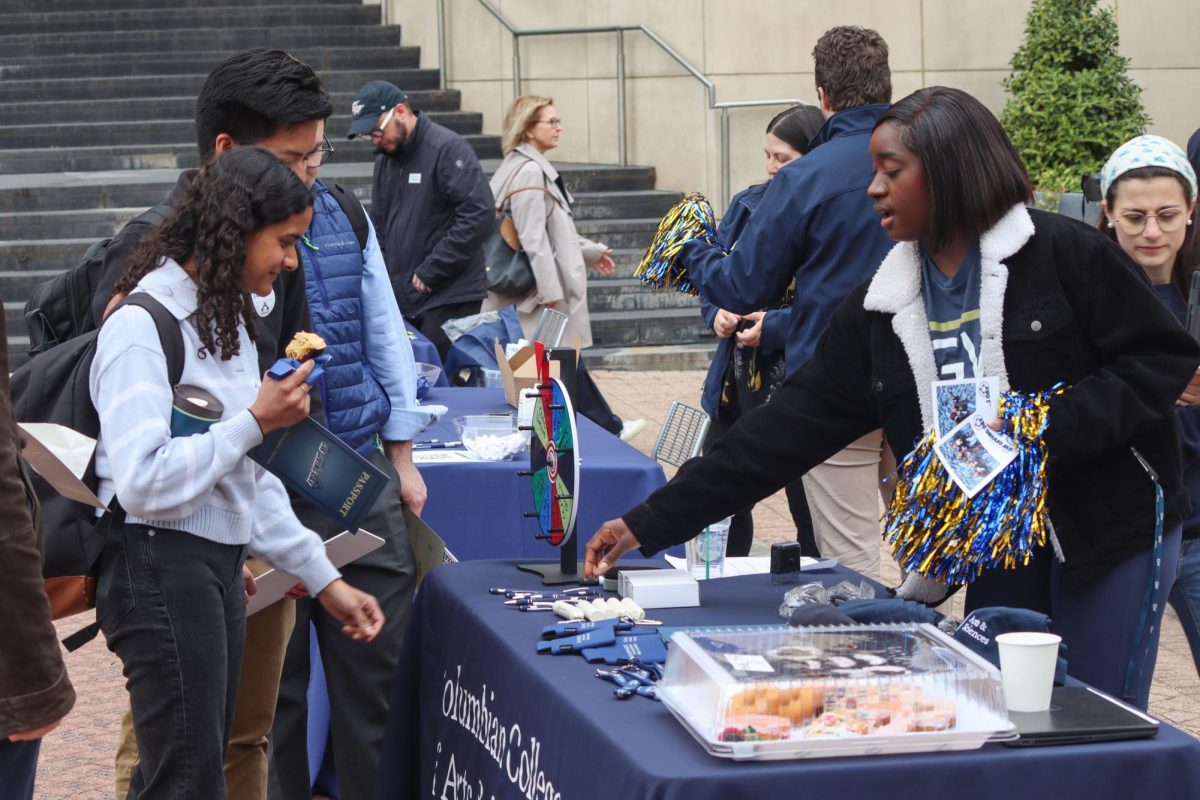GW avoids $39 million in property taxes to Washington D.C. each year because its nonprofit status makes it exempt from those taxes, according to a Washington Post analysis.
Universities in D.C. were exempt from $111 million total in D.C. property taxes last year, with GW leading the pack, followed by Howard University with about $26 million, according to the Post. Local leaders in the city have “routinely raised concerns” about these exemptions, pushing for some compensation from nonprofits, but no actions have been taken, the Post reported.
In the fall, there are expected to be congressional hearings about these tax exemptions with lawmakers asking 56 private universities with endowments more than $1 billion “for information about the use of that money, the size of their tax-exempt property holdings and whether they make any payments in lieu of taxes (PILOTs) to their host cities,” according to the Post.
GW and Georgetown are the only D.C. area universities with endowments greater than $1 billion and neither pays PILOTs because D.C. does not require it, the Post reported.
Natwar M. Gandhi, a former chief financial officer for D.C., told the Post that D.C. “has profound needs and has been financially responsible, but that does not negate the need for imposing a PILOT. It is a question of fairness, a question of equity.”
At least 218 municipalities in 28 states collect payments instead of taxes from nonprofit organizations including Boston, which received about $28 million in PILOT contributions last year from nonprofits like Harvard University and the Massachusetts Institute of Technology, according to the Post.
But not all people agree that PILOT contributions are necessary. President Emeritus Stephen Joel Trachtenberg told the Post that universities “generate talent for the city, research, scholars, scholarship and money.”
He also sent Gandhi, the former CFO, an note in 2005 that read “Bastard!” after Gandhi spoke out against the tax exemptions in a Washingtonian magazine article – a story Trachtenberg confirmed to the Post.
“Students spend. Faculty earn and pay taxes. Parents visit. We buy goods and services. [The financial] impact is positive and profound,” Trachtenberg added.





